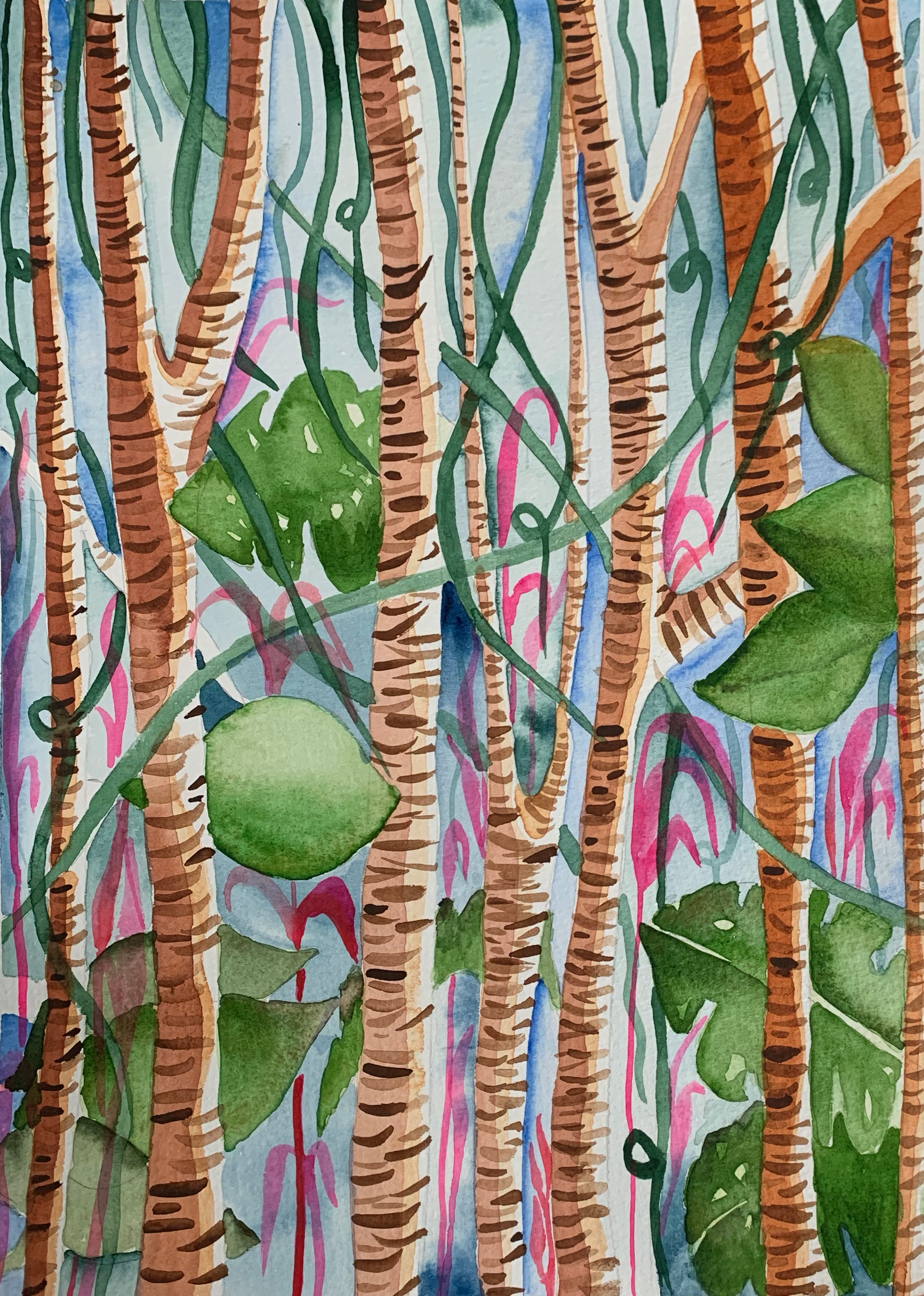Aphasia
Explaining aphasia
Aphasia is a communication disorder acquired after a brain injury, such as a stroke or head injury. It can affect the understanding and expression of spoken or written language, objects and drawings, as well as non-verbal communication, such as gesture and facial expression. Each individual has their own unique challenge and recovery journey.
Aphasia can have a significant impact on someone’s ability to participate in social and occupational contexts and can affect relationships and emotional health.
Aphasia Therapy
Therapy focuses on targeted rehabilitation tasks to “rewire” and strengthen the language connections in the brain.
It may also involve introducing the use of ‘Total Communication’. This is the use of all means of communication modalities to express oneself and to help the person with aphasia to understand and communicate as effectively as they can. This may include developing the use of gesture, drawing, or use of low or high tech communication systems.
Many people who have had a stroke or head injury may also need support for managing dyspraxia, lability and emotional distress.
Nicola will work with family and friends to help support the person living with aphasia.

